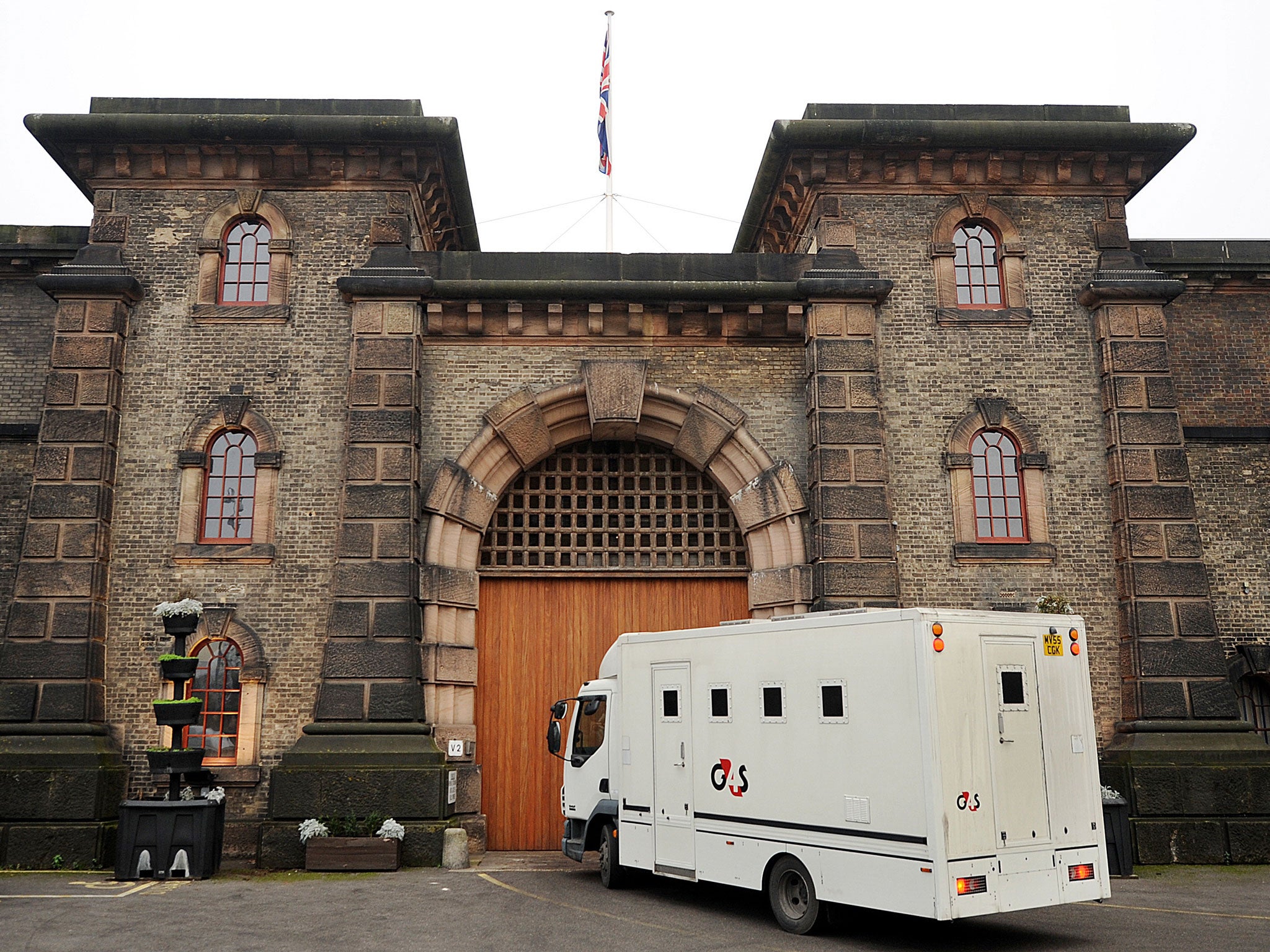Polish man held in Wandsworth Prison for two months on European Arrest Warrant seeking extradition for seven-year-old drunk-cycling conviction

A Polish man has spent two months in Wandsworth Prison after being held on a European Arrest Warrant seeking his extradition for conviction seven years ago for riding a bicycle while drunk.
Arkadiusz Celinski, who has been in Britain since 2009 and was settled with a partner and job, was arrested by police in north west London in October after the Polish authorities issued the warrant demanding he serve the remainder of a 12-month prison term for being drunk on a bike.
Campaigners said the arrest, which has resulted in Mr Celinski’s partner losing her home because she can no longer afford rent payments, highlights the need for urgent reform of the European Arrest Warrant (EAW) system, which last year saw more than 1,300 people brought before British courts for extradition.
The Government announced in October that it intends to opt out of 130 European Union policing and criminal justice measure, including EAWs, before then deciding which of those measures to then readopt back into British law.
Lawyers for Mr Celinski, 28, a builder and decorator, said he had reformed since coming to Britain and overcome the alcoholism which led to him being convicted of a drink driving offence and riding a bicycle while drunk in 2005.
Mr Celinski, who works in Britain to send money back to Poland for his eight-year-old daughter and his elderly mother, had served a 12-month sentence for drink driving but was freed shortly after beginning a consecutive jail term for the cycling offence to look after his mother. He claims his lawyer told him he would be allowed to leave Poland for Britain.
The Court of Appeal heard yesterday that the Polish authorities had imposed a “grossly disproportionate” sentence on the builder for an offence which in Britain could only be punished by a fine. The Pole has been twice refused bail after he said he could not meet a £5,000 surety.
Solicitor Rebecca Niblock, of law firm Kingsley Napley, said: “Mr Celinksi’s case exemplifies the urgent need for extradition reform. EAWs should not be issued in respect of those sought for minor offences.
“Whilst cycling when drunk aged 21 may be anti-social, few would consider it merits dragging a man from his settled work, home and loved ones, seven years after the “crime”, imprisoning him in Wandsworth for two months - and counting - whilst he goes through the extradition process.”
Mr Justice Cranston, sitting at the Royal Courts of Justice in central London, yesterday rejected claims that Mr Celinski’s sentence was unfair, saying it was a matter for the Polish courts to decide what sentence to impose on those who broke its strict traffic laws.
But the Pole must wait to hear whether he will be sent back home to serve the remaining 10 months of his sentence after the judge said he wanted further information on claims that Mr Celinski was tried in absentia in 2005.
Mr Celinski’s case is the latest to raise eyebrows because of the apparently trivial nature of the offence. The Polish authorities have also sought the return of a man living in Britain wanted for the theft of a wheelbarrow.
Campaigners have argued that the EAW places a disproportionate burden on the British courts with extradition requests rising fourfold since 2009. A total of 1,335 individuals were extradited out of Britain last year under EAWs at an estimated cost of £27m in legal and court costs.
Defenders of the warrants say they speed up the process of extradition across the European Union, resolving cases within days or weeks that would previously have to taken months of legal wrangling to conclude.
In a move which will have added to strains in the Coalition over relations with the EU, Home Secretary Theresa May announced in October that Britain plans to take up an opt out in the Lisbon Treaty over dozens of policing and criminal justice measures before it expires in May 2014.
The Government must decide which of the measures it wants to seek to opt back in to and is expected to announce a timetable for a vote in the new year.
Subscribe to Independent Premium to bookmark this article
Want to bookmark your favourite articles and stories to read or reference later? Start your Independent Premium subscription today.

Join our commenting forum
Join thought-provoking conversations, follow other Independent readers and see their replies